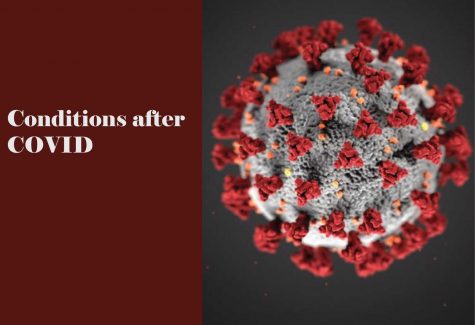The problem with ‘happiness’
October 17, 2013
You sit down at your computer and log onto Facebook. You see that all your “friends” are either showing off how great their life is or complaining about how it could be so much better. Commercials blare in the background. Apple commercials feature people that look happier than on their wedding day, using their iPhones to background music so upbeat it sounds like the Wiggles produced it. Successful, wealthy men drive their Audis around mountain bends wearing smug, content smiles. The pursuit of happiness can be seen everywhere.
Here is my problem with “happiness.” Happiness is a word completely contingent on external circumstances. Just wait until I get the new iPhone! Or when I get really big tires for my truck! Or when I put on my new makeup! No, really, just wait until I am rich and successful one day. Then I’ll be liked. Then I’ll feel worthy. Then my happiness level will go up a few notches.
The truth is that we are on the “hedonic treadmill.” This theory explains that humans quickly return to a relatively stable level of happiness despite positive or negative events. Having “more” has no permanent impact on happiness whatsoever.
We can’t see that we’re on the treadmill because of what is called the “impact bias”. This is the “tendency to overestimate the hedonic impact of future events,” according to Dan Gilbert’s TED talk “The surprising science of happiness.” A capitalistic, materialistic society taps into our false perceptions and impact biases. But where does it leave us? Where does it leave you, the individual full of so much more potential than to just focus on the trivial? It leaves us in debt because we could not stop spending. It leaves us up to our ears in waste because we had to have the latest model. It leaves us spiritually bankrupt because we spent our whole lives keeping up with the Joneses, instead of fostering self-growth and giving back to the world.
If we are honest with ourselves, we know that there is still a child inside us throwing a fit because they did not get what they wanted. The economic system of this society draws that child out, agitating it constantly. It dangles a treat in front of it, and charges the child $3.50 for it. Then it tells the child it is fat and ugly from eating treats and offers diet pills.
Fleeting “happiness” does not define your place in this world. It starts from within, and is defined by your values, beliefs and your actions accordingly. It is defined by the people who truly love you no matter what. True happiness is not happiness at all, it is a steady joy and peace you carry with you through the highs and lows.
















